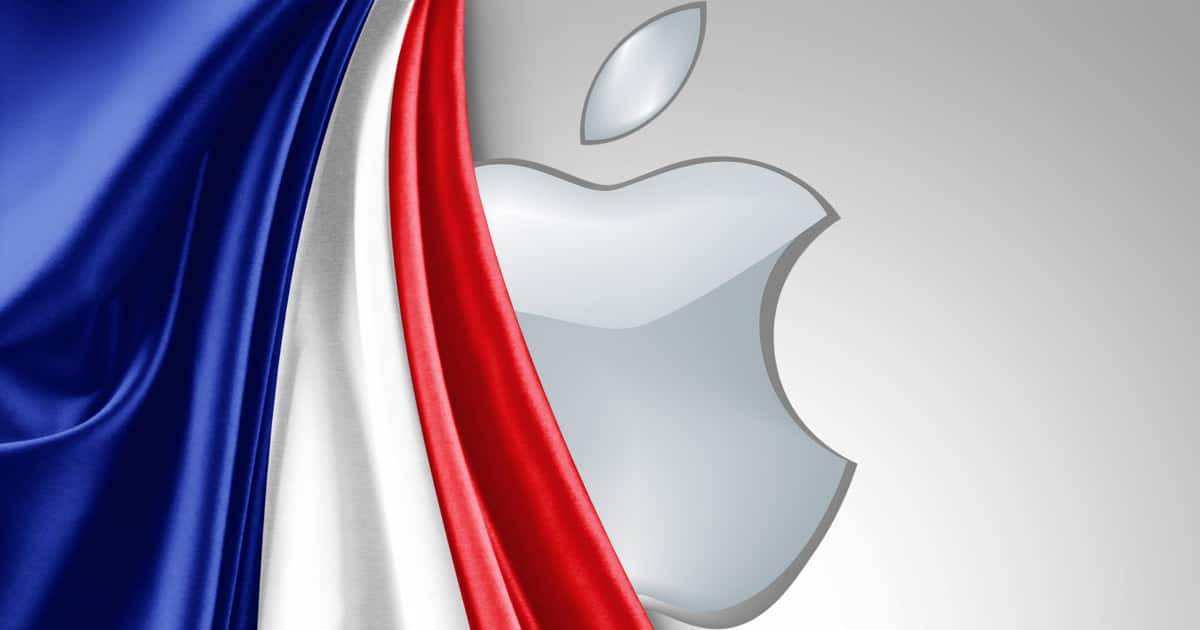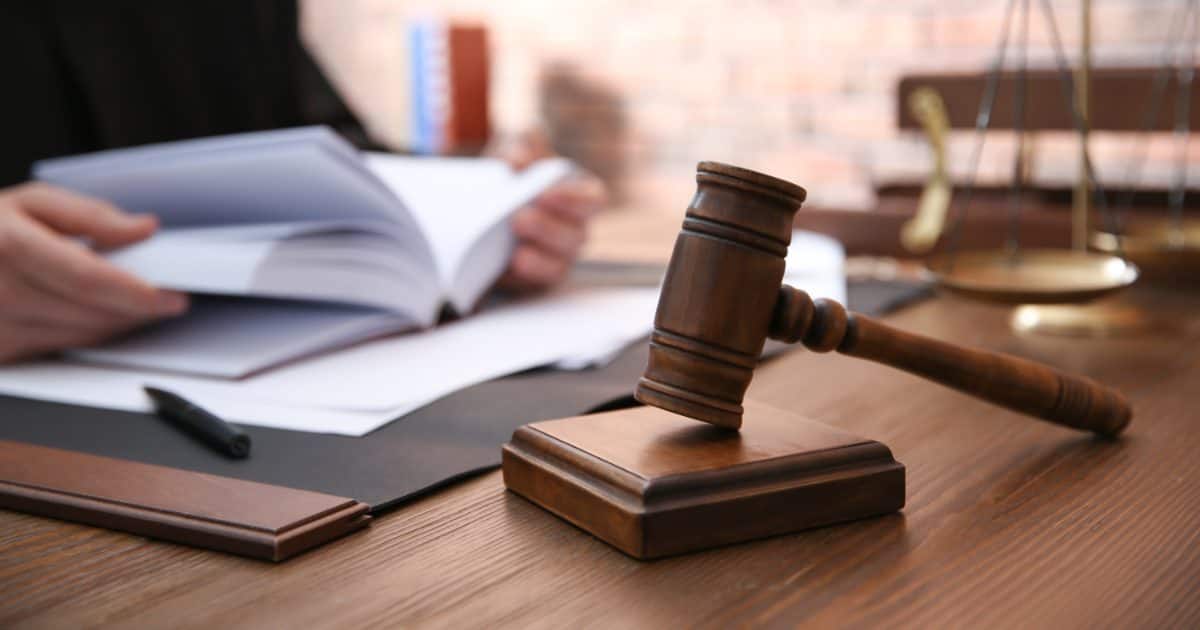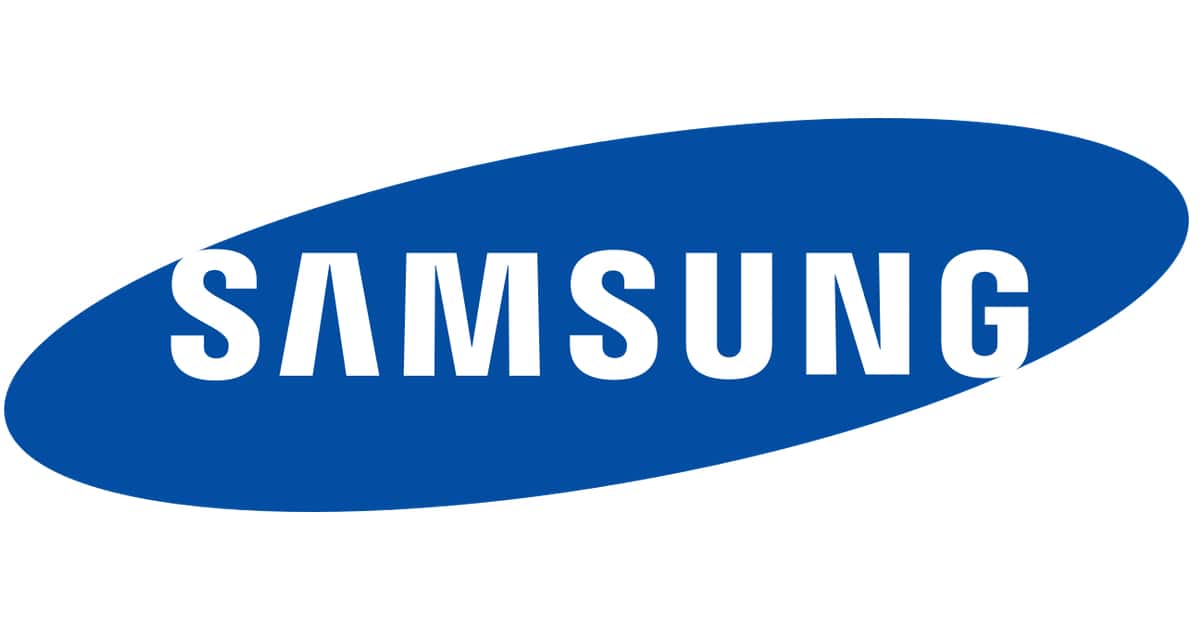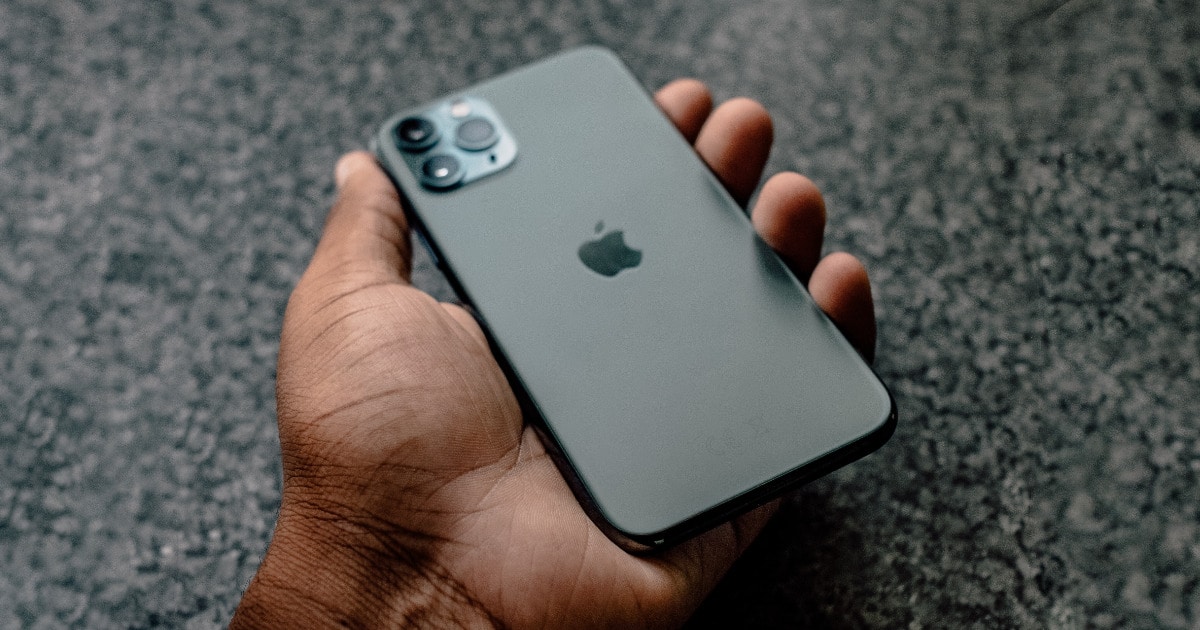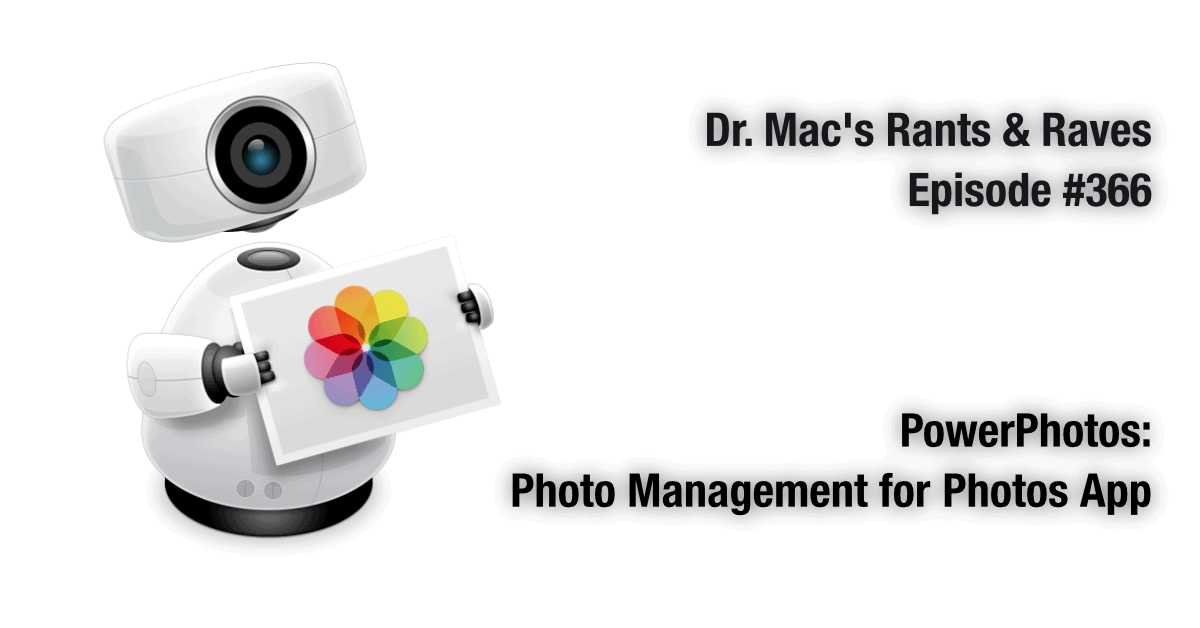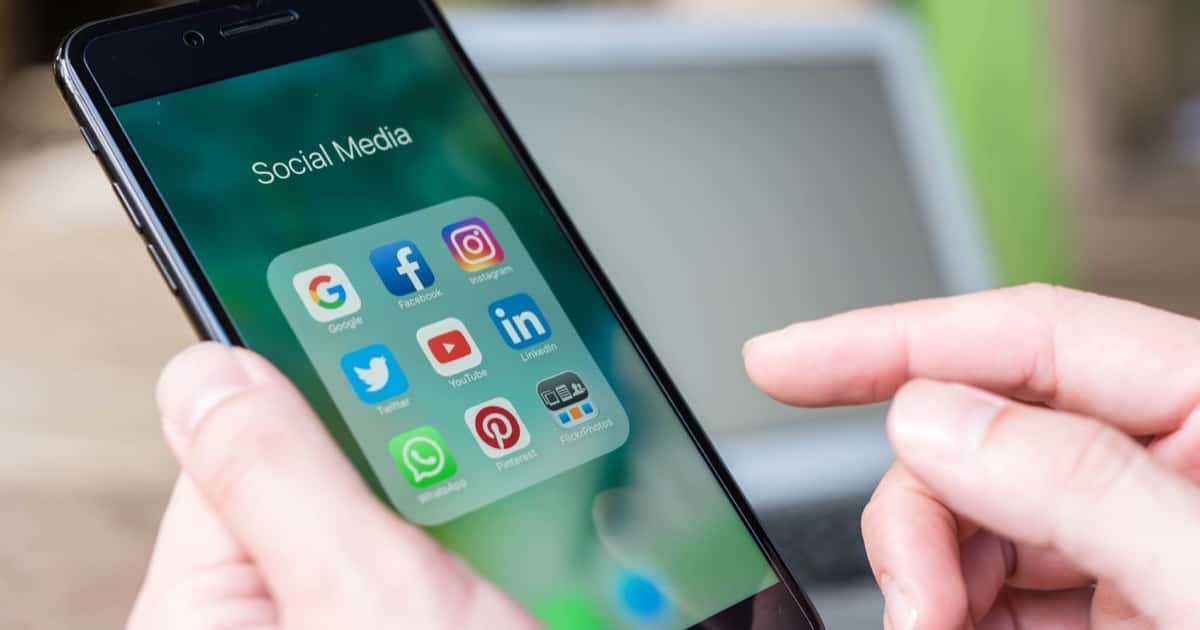Enter our new international giveaway for a chance to win the brand new iPhone 16 Pro.
Restrictions for Kids Apps, HTML5 Apps Go Into Effect March 3
Apple is reminding developers that new restrictions for kids apps and HTML5 apps go into effect on March 3, 2020.
Apple and the FBI – TMO Daily Observations 2020-01-21
Bryan Chaffin and Andrew Orr join host Kelly Guimont to discuss Apple’s decision not to encrypt backups, and what data Apple can share.
Wirelessly Transfer Music, Videos, PDFs and More to Your Apple Devices Without iTunes: $19
We have a deal on WALTR 2, an app that lets you manage the content on your iOS device from your Mac or Windows device. It will handle some file conversions, too. Check out the promo video below. You can get WALTR 2 for $19 through us. There’s a deal for WALTR 2 for Windows in the deal listing, too.
Trade War Truce Means France Will Not Yet Apply Tariff on Apple And Other Tech Firms
The implementation of a French tax that would have affected Apple and other major tech firms is to be delayed. The 3 percent tariff will not be enforced whilst France and the U.S. continue trade talks, AppleInsider reported.
Originally proposed in December of 2018, the so-called GAFA – Google, Apple, Facebook, and Amazon – tax, had been given a stamp of approval by the French senate in July of 2019. The tax would have been applied retroactively. Under the measure, the 3% sales tax would be applied to sales generated in France by major multinational firms. France has pulled back on demanding the retroactive down payments temporarily, in an effort to prevent the U.S. from applying tariffs to French-made goods. “What we’re proposing is to give ourselves time and to show our goodwill, to postpone the remaining payments to December,” a French Finance Ministry source said, according to Reuters. Finance Minister Bruno Le Maire and U.S. Treasury Secretary Steven Mnuchin are due to negotiate the details in Davos, Switzerland, on Wednesday, the source added.
Disney+ Moves European Launch Date Forward
Disney+ will arrive in a number of major European markets on March 24, a week earlier than had previously been announced.
Tesla Rejects 'Unintended Acceleration' Claims
Tesla rejected claims some of its vehicles had unintentionally accelerated, following a petition submitted to the NHTSA.
Here’s the Data Apple Can Give to Law Enforcement
According to Apple’s Legal Process Guidelines, there is a lot of data that the company can provide to law enforcement.
How to Protect Compromised Private Keys
Private keys are a crucial part of the cryptocurrency ecosystem. However, in recent times, some of those have been compromised. Qredo CEO Anthony Foy shared his suggestions on how to protect them.
Bitcoin lets you be your own bank by holding your private keys, but as the cryptocurrency industry has developed, this idea has become diluted. Many cryptocurrency users now choose to surrender their private keys to third party custodians. This has brought trust back into a trustless system—with fatal effects. Cryptocurrency’s short history is littered with massive losses, where the private keys controlling millions have been stolen from exchange wallets, pilfered by scam artists, and embezzled by trusted custodians. Even those individuals who have stayed true to the spirit of Bitcoin and kept their own private keys have still suffered, with dodgy wallets, silly mistakes, and even a series of ‘horrible boating accidents’ all leading people to lose their cryptocurrency.
Apple Cancels iCloud Encryption Plan Due to FBI
Apple had plans to introduce end-to-end encryption for iCloud backups, but canceled it two years ago after the FBI complained.
Clearview AI Helps Law Enforcement With Facial Recognition
In a long read from NYT, Kashmir Hill writes about a startup called Clearview AI that works with law enforcement on facial recognition.
You take a picture of a person, upload it and get to see public photos of that person, along with links to where those photos appeared. The system — whose backbone is a database of more than three billion images that Clearview claims to have scraped from Facebook, YouTube, Venmo and millions of other websites — goes far beyond anything ever constructed by the United States government or Silicon Valley giants.
iPhone XS and XS Max Available Now For $699
The iPhone XS and XS Max are currently available from $699 on the refurb store – $200 down on the original retail price.
TMO Contributor Kelly Guimont (#9) - TMO Background Mode Interview
Kelly Guimont is a long-time podcaster, Contributing Editor for The Mac Observer, the host of the Mac Observer’s Daily Observations podcast, and a tech support guru.
In her 9th appearance, Kelly and I chat about our favorite TV shows and movies of late. We open in segment #1 with a shared favorite: The Mandalorian (Disney+). In segment #2: Kelly: Dr. Who (BBC), The World According to Jeff Goldblum (Disney+). John: Star Trek: Discovery (S2) (CBS), Virgin River (Netflix) and Downton Abbey – the movie (iTunes). Also: some honorable mentions. Join us as we explore together what’s great about these shows.
Game Picks, News Roundup – TMO Daily Observations 2020-01-20
Andrew Orr and Bryan Chaffin join host Kelly Guimont to discuss their new favorite games, listener mail, and some recent news stories.
Tim Cook Calls For Reform of Corporate Tax on Visit to Ireland
Tim Cook received an award celebrating Apple’s 40 years of investment in the country and called for global corporate tax reform.
Samsung Names New Mobile Chief to Hold Off iPhone Challenge
On Monday, Samsung named the new exec who will lead its efforts to hold off the challenge from Apple’s iPhone. Bloomberg News reported that Taemoon Roh will now lead its mobile division, the world’s biggest mobile devices business.
Roh, who was formerly the unit’s No. 2 executive, will take over the top job from Koh Dong-Jin from Monday. Koh remains head of the Korean conglomerate’s IT and mobile communications division but hands the reins of smartphones over to a lieutenant credited with building up the marquee Galaxy line of smartphones and tablets. Roh, a two-decade veteran of Korea’s largest corporation, is regarded internally as an engineering maven who’s meticulous about phone features.
Slack Has Not Made us More Productive
Slack, the popular desktop and mobile messaging service, promised to help us avoid endless work emails and make us all more productive. However, as Wired reported, it has brought with it its own productivity issues.
The app may have a loyal band of followers but neuroscientist and lecturer, Lucas Miller is certainly not among them. As a lecturer at Haas School of Business at Berkeley University and co-founder of productivity consultancy, Stoa Partners, Miller warns students and clients on the dangers of getting hooked on Slack. “Technology advances usually supplant what has come before but Slack hasn’t, it’s just doubled the pain,” he says. The problem, Miller explains, goes beyond the inconvenience of monitoring another inbox. He sees Slack as a particularly “scary offender” in stopping people getting their work done because it encourages them to be constantly distracted. It’s scary because messenger-based systems directly tap into how humans seek to reward themselves, and the long term result is unhealthy.
iPhones 11 Accounted for 69% of Quarter 4 Sales, Report Shows
A report from Consumer Intelligence Research Partners (CIRP) shows that the iPhone 11/Pro/Pro Max dominated sales for Q4 2019.
Martin Luther King Day Marked by Apple and Tim Cook
Apple marked Martin Luther King Day by turning the front page of its website into a tribute to the late civil rights leader.
‘Home Before Dark’ Premiers on Apple TV+ April 3
Apple’s original drama series Home Before Dark will premiere on April 3 and has been already renewed for a second season.
Taking a Slofie in a Whiteout
Apple introduced the Slofie – the slow-motion selfie, on the iPhone 11. The company even moved to trademark the phrase! It shared a short new video showing how the tool can be used in skiing, in a whiteout.
Cool Stuff Found and Your Questions Answered – Mac Geek Gab 798
You like Cool Stuff Found? Good! So do your two favorite geeks. Listen as John and Dave begin this episode sharing you – and their – new finds over the past couple of weeks. Apps, utilities, gizmos, and gadgets to help you truly increase your enjoyment and productivity with your technology. Then, of course, questions! Listen to answers to your (and other listeners’) questions about migrating drives, software subscriptions, Catalina Mail, Photos, APFS, and more. It’s all about having fun and learning five new things in the process, folks!
Jennifer Aniston Triumphs at SAG Awards For 'The Morning Show' Performance
SAG named Jennifer Aniston best actress for her performance in The Morning Show, while Steve Carell and Billy Crudup were also nominated.
PowerPhotos: Photo Management for Photos (App)
At some point, Dr. Mac decided that my iPhoto/Photos library was too big and archived everything prior to 2014 in a second iPhoto/Photos library, which is where PowerPhotos came in.
Your Online Activity is a Social Credit Score
Violet Blue has an interesting take, that of your online activity as a social credit score. The SCC is something we usually associate with China, but we’re seeing trends suggesting America is moving toward a similar system.
Combine this with companies like Instagram, Facebook, YouTube, and yes, Airbnb deciding what legal behaviors are acceptable for service, and now we’re looking at groups of historically marginalized people being denied involvement in mainstream economic, political, cultural and social activities — at scale.




